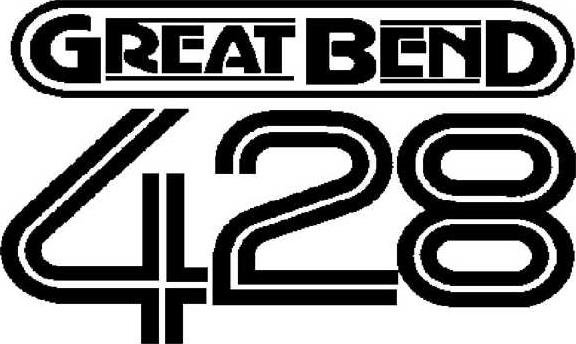Great Bend USD 428 Superintendent Brad Reed said the first Interest-Based Bargaining meeting with teachers concerning next year’s contracts went smoothly.
Reed and school board members Joyce Carter and Cheryl Rugan sat down with representatives of the Great Bend-National Education Association on March 30 for a three-hour IBB session that included 30 minutes for lunch.
“It went really well,” Reed commented at the next school board meeting. “We got all issues settled in about three hours, except salaries.”
GB-NEA President Beth Rein, a teacher at Riley Elementary School, noted that salaries are typically considered later, when more information about state funding is available.
“It is customary to wait until the legislative session has ended before bargaining that part of the agreement,” Rein said.
“I felt like the process last year was smooth,” Reed said of the IBB meeting. “This year went even better.”
The board representatives agree.
“The teachers brought a list of issues,” Carter said. One was to have the IBB team take over the duties of the calendar committee.
Reed said the relationship among administrators, board members and teachers is good, based on mutual respect and trust.
Asked for her opinion on the session, Rein said the GB-NEA representatives expect to reach a fair and equitable agreement with the school board.
“Interest Based Bargaining is a collaborative effort between the two bargaining teams and differs from the traditional negotiating process,” Rein noted. According to information from the National Education Association, “local association negotiators are striving to enhance the teaching profession, the school environment, and improve student learning and wellbeing all while reaching agreements acceptable to diverse segments of the school community.” IBB is preferred to traditional proposal negotiations where members of management and the union exchange written proposals and counter-proposals.
“We believe that by utilizing the IBB process we are able to reach an agreement in the best interest of the staff, students and the community that we serve,” Rein said.
She declined to comment on details of the actual bargaining session while discussions are ongoing.
“We are proud of our school district and its accomplishments and feel honored to represent the great teachers that help make that happen,” Rein said.
USD 428 bargaining move forward





